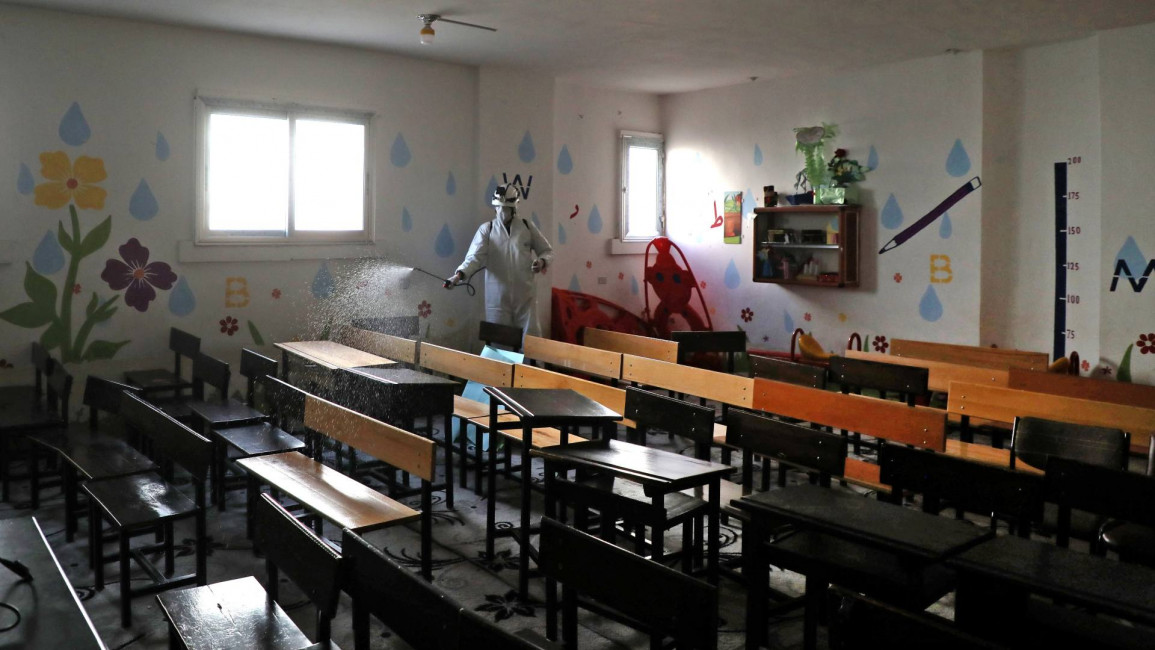Lebanon’s coronavirus lockdown response endangers lives by ignoring disabled community's needs
The Lebanese government is putting the lives of disabled people at risk by having "completely ignored" their needs in its Covid-19 response, Human Rights Watch said on Monday.
The rights group said the government had neither communicated with nor consulted disabled people about the measures rolled out to tackle the pandemic, and therefore their needs were not taken into consideration when designing the strategy.
In turn, disabled people have been deprived of potentially life-saving information, while their access to healthcare, schooling, and other vital support which cannot be easily accessed remotely has been severely curtailed.
Aya Majzoub, Lebanon researcher at Human Rights Watch, said: "The Lebanese government's Covid-19 response has completely ignored the rights and needs of people with disabilities, who were marginalised long before the virus hit."
Comment: Lebanon excludes refugees from coronavirus response at its own peril
HRW spoke to a dozen representatives from disability organisations and six parents of children with disabilities, who all said the government’s coronavirus response had not taken their needs into consideration.
Twitter Post
|
For example, no arrangements have been made for disabled people - many of whom require frequent health appointments - to access medical care or obtain their necessary medication during the lockdown period, which was extended for another four days on Tuesday.
Meanwhile, the government has not provided essential and life-saving information on the pandemic in ways accessible for people with disabilities.
HRW said that television broadcasts must include qualified sign language interpretation, while social media information campaigns and websites must be made accessible to people with various disabilities, including hearing or visual impairments.
Education and schooling for children with disabilities has also been adversely affected by the widespread closures since the end of February, while online and distance learning do not accommodate the needs of disabled children.
For example, online or video classes are not accessible for students with visual disabilities, while Deaf children require large screens and programs that allow teachers to sign and show documents simultaneously.
Parents of children with developmental struggles told HRW that schools had halted the one-on-one educational or therapy sessions that were once delivered in school.
"The Lebanese government should urgently take into account the needs of people with disabilities," Majzoub said.
"This includes making sure they have access to information, healthcare, and the resources children with disabilities need to continue their education, while taking meaningful steps to make schools more inclusive."
Follow us on Facebook, Twitter and Instagram to stay connected


![President Pezeshkian has denounced Israel's attacks on Lebanon [Getty]](/sites/default/files/styles/image_684x385/public/2173482924.jpeg?h=a5f2f23a&itok=q3evVtko)



 Follow the Middle East's top stories in English at The New Arab on Google News
Follow the Middle East's top stories in English at The New Arab on Google News


